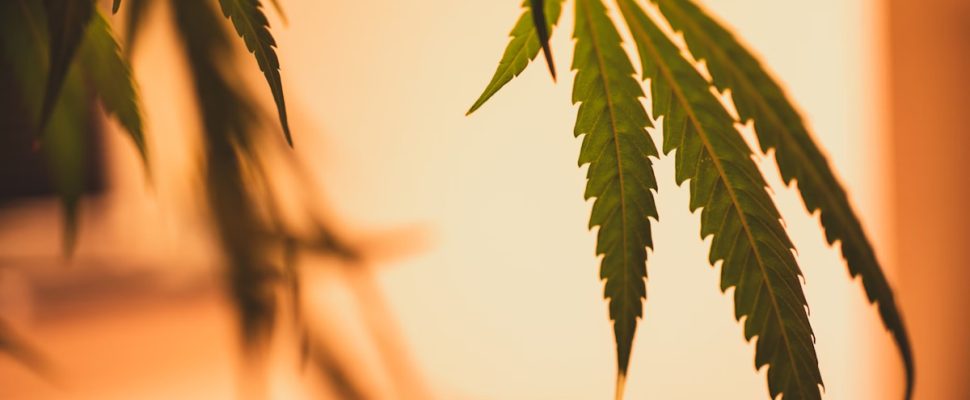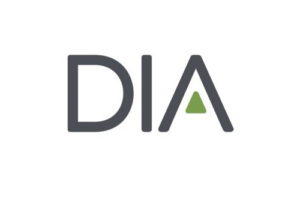Japan’s amended Cannabis Control Law now permits the development and medical use of cannabis-derived drugs, particularly CBD-based treatments, while simultaneously criminalizing self-use of smokable cannabis products. Writing in the February 2024 edition of DIA’s Global Forum magazine, Toshi Tominaga of Keio University explains why, despite aligning with evolving international regulations, Japan maintains a conservative stance on cannabis, keeping THC under strict narcotic control and showing little inclination to approve smokable medical marijuana.
Situation Necessitating the Amendment
Before this amendment, the CCL prohibited medicinal use of cannabis products: anything derived from the cannabis plant. Scientific research on cannabis products, including clinical trials, was allowed, but there was no possibility of Japan’s Ministry of Health, Labor and Welfare (MHLW) approving any of these products as pharmaceuticals: cannabis itself, its resin and other preparations, or cannabinoids (chemicals contained specially in cannabis).
Some cannabinoids, most notably tetrahydrocannabinol (THC), do have hallucinogenic and dependence-forming pharmacology. But others, including CBD, do not. It did not stand to reason that these different cannabinoids were lumped together and prohibited for medicinal use.
In 1985 (four decades ago), the US FDA approved synthetic THC (dronabinol) as a drug to treat nausea and vomiting caused by cancer chemotherapy. The World Health Organization (WHO) reports that as of 2018, medicinal cannabis (administered through smoking) was legally usable in countries such as Canada, Australia, and many European countries. Although the US has not yet legalized medical cannabis on the federal level, many states have laws allowing use of medicinal cannabis in place.
One drug containing cannabidiol (EPIDIOLEX®) has been in use in the US and EU to treat severe forms of pediatric epilepsy since 2018 and 2019, respectively. But even CBD could not reach Japanese patients because of the prohibitive clause in the CCL.
In response to outcries from patients and doctors, however, a phase 3 trial of this same CBD pediatric epilepsy medication started in Japan in 2022. In a few years from now, the developer will be ready to file an application for marketing approval; MHLW designated this product as an orphan drug in April 2024, in anticipation of the passage of the amendment the following December.
MHLW has also been concerned about the persistently high number of cannabis CCL offenders (about 6,000 a year) (in Japanese only), especially among youth. Before this amendment, the CCL lacked any provision to prohibit self-(ab)use of cannabis, unlike other Japanese drug-control laws, notably the NPSCL. The MHLW deemed this situation unsatisfactory (in Japanese only) and had been awaiting a chance to introduce penalties for self-use to further deter violations of the CCL among young persons.
Interestingly, the MHLW was aware that many advanced countries do not punish self-use of drugs. Nor does the United Nations’ Single Convention on Narcotic Drugs require its parties (countries that ratified the treaty, including Japan) to punish self-use. Even so, the authority upheld the pre-emptive punishment of self-use, despite the global trend of liberating/legalizing cannabis use.



